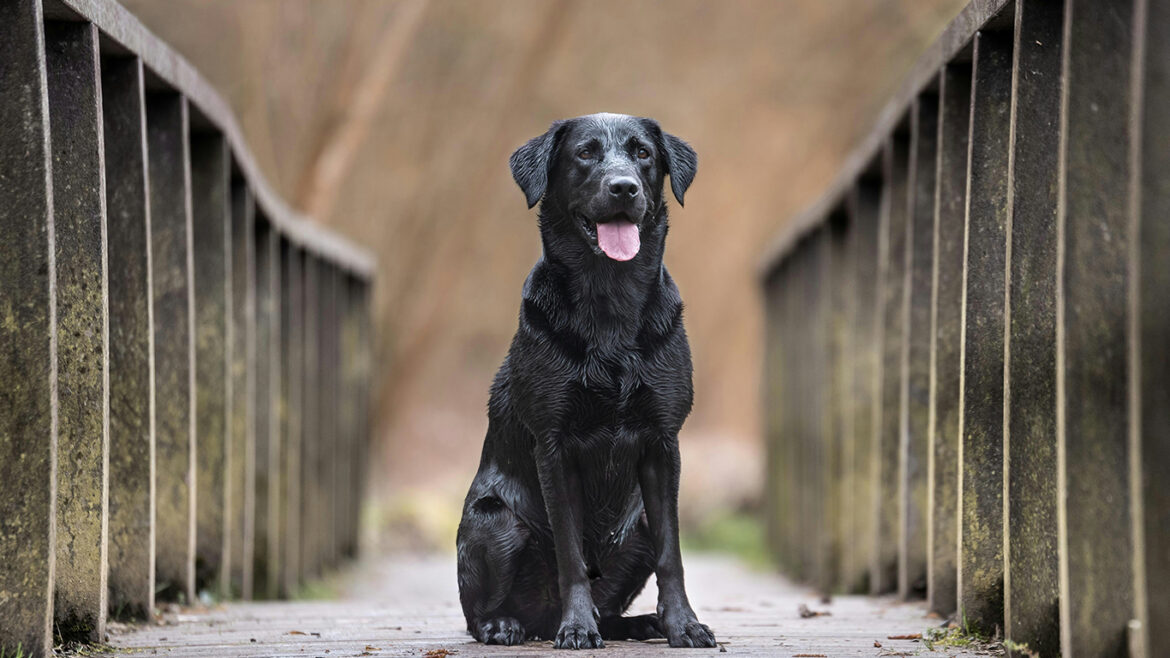As a responsible gundog owner, it’s crucial to prioritise your dog’s dental health. Bad breath, technically known as halitosis, is a common issue faced by many dog owners, and it can be a symptom of underlying dental problems. In this comprehensive guide, we will explore the causes of bad breath in dogs and provide you with practical tips and advice on how to maintain your gundog’s oral hygiene. Let’s dive in!
Understanding the Causes of Bad Breath
Bad breath in dogs can stem from various factors, ranging from dental issues to digestive system problems. Here are some common causes to be aware of:
- Periodontal Disease: One of the primary culprits behind bad breath is periodontal disease, which refers to gum disease and tooth decay. The accumulation of food particles and plaque leads to the growth of odour-producing bacteria in the mouth.
- Plaque and Tartar Build-up: Dogs, especially smaller breeds, are prone to plaque and tartar build-up on their teeth. This build-up not only causes bad breath but also increases the risk of gum disease and tooth loss.
- Digestive System Problems: Bad breath can also be indicative of underlying digestive system issues. Unusually foul odour accompanied by vomiting, lack of appetite, and yellow-tinged eyes or gums may suggest liver problems. Similarly, breath smelling like urine might be a sign of kidney problems.
- Diabetes: If your gundog’s breath has an unusually sweet smell, it could be a sign of diabetes. Increased thirst, frequent urination, and sudden weight loss are additional red flags to watch out for.
Examining Your Gundog’s Teeth
Regular dental examination is crucial to identify any potential dental problems and maintain your gundog’s oral health. Here’s how to examine your dog’s teeth:
- Visual Inspection: Take a good look inside your dog’s mouth, checking for any signs of dental or gum disease. Healthy gums should have an even, pink colour, while infected gums may appear reddish where they meet the teeth.
- Tartar and Plaque: Check for the presence of tartar and plaque on your gundog’s teeth. Excessive build-up can contribute to bad breath and other dental issues.
- Unusual Symptoms: Pay attention to any additional symptoms such as bleeding gums, loose teeth, or difficulty chewing. These may indicate more severe dental problems that require veterinary attention.
Maintaining Your Gundog’s Oral Hygiene
Prevention is always better than cure when it comes to dental issues in gundogs. By following these tips, you can help maintain your dog’s oral hygiene and prevent bad breath:
- Regular Brushing: Brushing your gundog’s teeth is an essential part of their oral care routine. Use a finger toothbrush or a toothbrush specifically designed for dogs. Choose a toothpaste formulated for dogs, as human toothpaste can be harmful to them.
- Introduce Dental Chews: Dental chews can help reduce plaque and tartar build-up in your gundog’s mouth. Look for chews that are specifically designed to promote dental health and freshen breath.
- Provide Chew Toys: Offering your dog appropriate chew toys can help keep their teeth clean and healthy. Opt for toys that are designed to promote dental hygiene, such as those with textured surfaces that help remove plaque.
- Regular Veterinary Check-ups: Schedule regular dental check-ups with your veterinarian. A professional cleaning and examination can help identify and address any potential dental issues before they worsen.
Additional Tips for Gundog Owners
As a gundog owner, you may have specific considerations when it comes to your dog’s dental health. Here are some additional tips tailored to gundogs:
- Dietary Considerations: Ensure your gundog’s diet includes high-quality, nutritionally balanced food. A healthy diet plays a crucial role in maintaining overall dental health.
- Water Intake: Encourage your gundog to drink an adequate amount of water throughout the day. Sufficient hydration helps keep the mouth moist and can prevent the growth of odour-causing bacteria.
- Professional Dental Cleaning: Depending on your gundog’s specific dental needs, your veterinarian may recommend professional dental cleaning. This procedure involves a thorough examination, scaling, and polishing of the teeth under anaesthesia.
- Regular Training: Train your gundog to become comfortable with dental care routines, such as tooth brushing. Start slowly, using positive reinforcement techniques to create a positive association with oral hygiene practices.
Conclusion
Maintaining your gundog’s dental health is essential for their overall well-being. By understanding the causes of bad breath and implementing a regular oral hygiene routine, you can help prevent dental issues and keep your gundog’s teeth clean and healthy. Remember to schedule regular veterinary check-ups and seek professional advice whenever necessary. Your gundog will thank you with fresh breath and a happy, healthy smile!



Leave a Reply